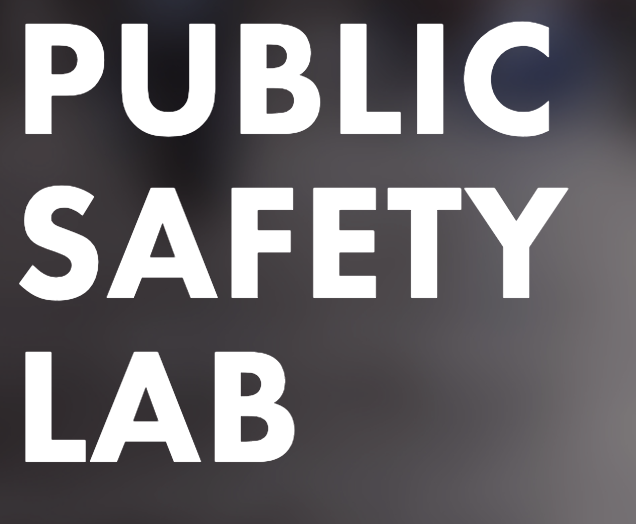prosecutoRial reform initiative
Prosecutors play a vital role in the criminal justice system. After an arrest, prosecutors have numerous choices to make regarding whether and how to pursue prosecution of an offense. In many jurisdictions, prosecutors use this discretion to pursue prosecutions of minor offenses to the full extent of the criminal law. In these jurisdictions, cases involving misdemeanor offenses typically consume a large share of law enforcement, prosecutorial, and judicial resources.
Yet it is unclear whether the aggressive prosecution of misdemeanor offenses actually increases public safety. Aggressive prosecution of misdemeanors may also exacerbate existing inequalities in criminal justice outcomes. Some prosecutors’ offices, however, are pursuing reforms that implement alternatives to prosecution for nonviolent misdemeanor offenses.
With the support of the William T. Grant Foundation, the Chan Zuckerberg Initiative, and Arnold Ventures, we are working with several large district attorney’s offices to understand the causal impacts of misdemeanor prosecution. Misdemeanor cases make up over 80 percent of the cases processed by the U.S. criminal justice system, yet we know little about the causal impacts of misdemeanor prosecution.
A forthcoming article in the Quarterly Journal of Economics reports the first estimates of the causal effects of misdemeanor prosecution on defendants’ subsequent criminal justice involvement. We leverage the as-if random assignment of nonviolent misdemeanor cases to Assistant District Attorneys (ADAs) who decide whether a case should be prosecuted in the Suffolk County District Attorney’s Office in Massachusetts. These ADAs vary in the average leniency of their prosecution decisions. We find that, for the marginal defendant, nonprosecution of a nonviolent misdemeanor offense leads to a 53% reduction in the likelihood of a new criminal complaint and to a 60% reduction in the number of new criminal complaints over the next two years. These local average treatment effects are largest for defendants without prior criminal records, suggesting that averting criminal record acquisition is an important mechanism driving our findings. We also present evidence that a recent policy change in Suffolk County imposing a presumption of nonprosecution for nonviolent misdemeanor offenses had similar beneficial effects, decreasing the likelihood of subsequent criminal justice involvement.
Press: Boston Globe, Chicago Sun-Times, Washington Post, WGBH, WBUR, Commonwealth Magazine, Marginal Revolution, Radio Boston, The Codcast (Commonwealth Magazine podcast), NYU Release, NYU News, Law360, TIME, Reasons to be Cheerful, Probable Causation, New York Times, Atlantic
A second working paper looks more broadly at the election of reform-minded prosecutors who seek to reduce the reach and burden of the criminal justice system. Such prosecutors have implemented reforms such as scaling back the prosecution of nonviolent misdemeanors, diverting defendants to treatment programs instead of punishment, and recommending against cash bail for defendants who might otherwise be detained pretrial. Such policies are controversial, and many worry that they could increase crime by reducing deterrent and incapacitation effects. We use variation in the timing of when these prosecutors took office, across 35 jurisdictions, to measure the effect of their policies on reported crime rates. While our estimates are imprecisely estimated, we find no significant effects of these reforms on local crime rates.
Press: The Economist




